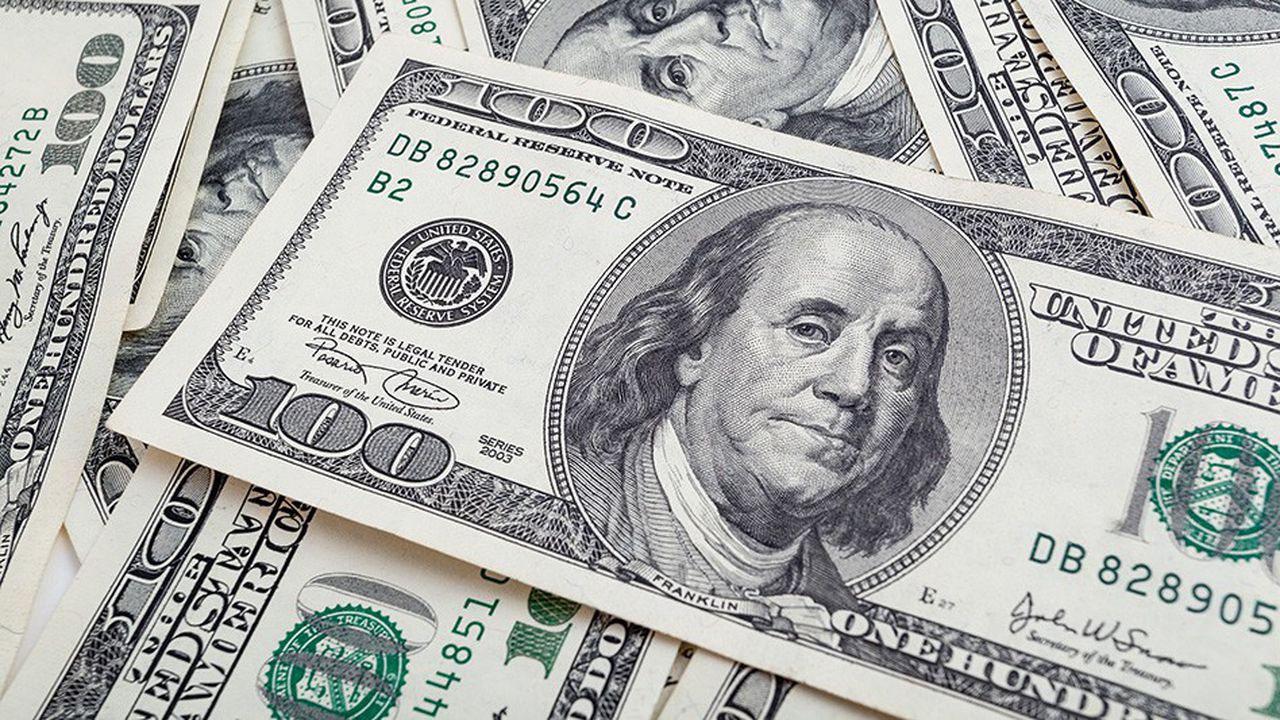The U.S. dollar held steady on Tuesday ahead of testimony before Congress by Federal Reserve Chair Jerome Powell, while the Aussie slid after the Reserve Bank of Australia hinted it might nearly be done with monetary tightening.
The Australian dollar was the day's major G10 mover, sliding as much as 0.79% to $0.6679, its lowest since late December even as the central bank raised its cash rate as expected by 25 basis points to 3.60%, the highest in more than a decade.
But in a dovish move, the RBA changed a reference to further rate "increases", saying instead that "further tightening" would be needed, suggesting the central bank might be nearing the end of its cycle of increases.
"An initial glance at RBA's statement suggests they are nearing the end of the tightening cycle, and perhaps one step closer to publicly discussing a pause," said Matt Simpson, senior market analyst at City Index.
That meant U.S. dollar index , which measures the unit against six major rivals, was also flat at 104.3, having slipped 0.26% a day earlier. The index is down 0.6% for the month so far following a 2.8% gain in February.
Investor attention on Tuesday and Wednesday will be firmly on Fed chair Powell's testimony before Congress, with the February non-farm payrolls report due on Friday also keenly awaited.
"Today’s semi-annual testimony will be important in determining whether the US dollar can regain upward momentum in the week ahead," said Lee Hardman, senior currency analyst at MUFG.
"Market participants will be looking for clear signals from the Fed Chair Powell that he is considering adjusting his plans for only a couple more hikes this year, and displays some concern over recent stronger US activity and inflation."
"If (he) remains cautious ... that could trigger the dollar index to fall further below the 105.00-level ahead of the release of the NFP report on Friday."
After delivering significant rises last year, the Fed raised interest rates by 25 basis points at its past two meetings, but resilient economic data throughout February stoked fears of the central bank going back to bigger steps.
Fed funds futures pricing indicates a 78% probability the Fed will raise rates by 25 basis points at its March meeting, with a 22% chance of a 50 basis hike. They also expect interest rates to peak at 5.46% in September and still be above 5% at the end of the year.
Investors are also awaiting the final policy meeting for Bank of Japan Governor Haruhiko Kuroda on Thursday and Friday, when the central bank is set to stick to its ultra-loose monetary path.
Data on Tuesday showed Japan's real wages fell the most in nearly nine years in January as four-decade-high inflation squeezed the purchasing power of consumers.










